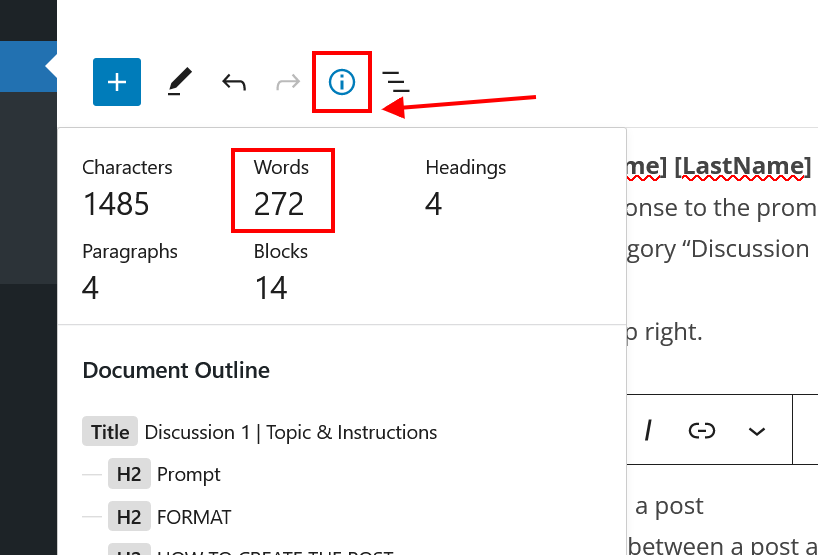Themes such as privilege, discrimination, stereotypes and oppression are very common in society. For example, the article “Patriarchy, the System: An it, Not a He, a Them, or an Us” by Allan Johnson shows that oppression is not always the concept that many of us have. He argues how for people as soon as someone mentions the word oppression, they immediately think of the term patriarchy with men. It mentions “simply the sum of individual failures on the part of people of color, women, and people living in poverty, who lack the right things to successfully compete with whites, men, and others who know how to do something for themselves”. (Johnson 27). This quote exposes how people of color are attacked, like many women, because they live in poverty both economically and mentally, they get used to living in an oppressive way, all this is due to the lack of resources that many times they lead people to adapt, to have less and to deserve less, this leads the person to live limited and oppressed, this is because many times people get used to it because they think that since they are in poverty they believe that they will never be able to get out of it and that their life must go on like this because they have no choice but it is not true. For me patriarchy was the way in which one person can have influence over another but it is not like that. Patriarchy is a system of society or better said, created by the society when men have the power and women are in large part. As Johnson says, many times the gender preferences of citizens are initiated by socialization. One of the mechanisms is when a citizen helps with social problems because he is helping him to get to know more people and himself. To finish this article, it teaches us to see society and patriarchy from a different perspective, to analyze the system we have in society, to volunteer in the system, learn social issues and learn to differentiate gender oppression.
On the other hand, in the essay “There is no hierarchy of oppression” by Audre Lorde, he further develops this concept. That a person should not be isolated simply because of their gender, or skin color because that does not define them and then wanting to overcome their identity, how people classify someone depending on their knowledge and social experience, he argued “As black, lesbian, feminist , socialist, poet, mother of two children, one of them, and member of an interracial couple”. This shows that by acknowledging her race and gender, she refuses to ignore the oppression she suffers as a result of what she identifies with. This helps people know how and when an action turns into oppression , they must know their rights to know how to defend themselves and how not to fall into being oppressed by someone with ignorance .


